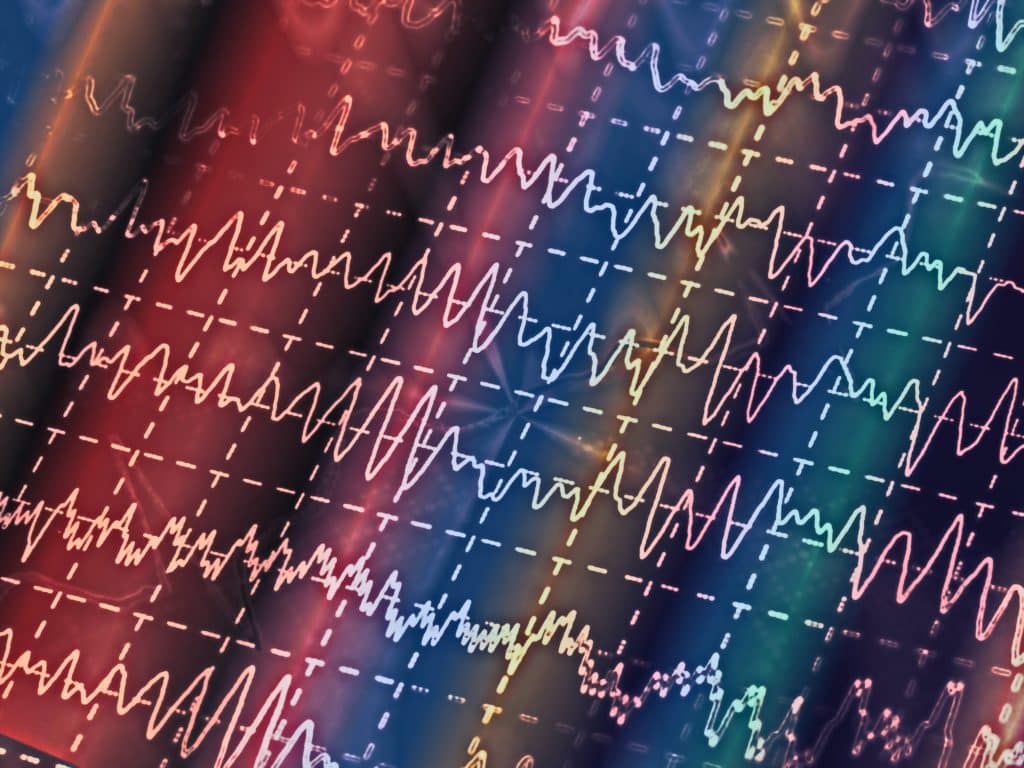
A seizure is a sudden and temporary change in the electrical and chemical activity in the brain which leads to a change a person’s movement, behaviour, level of awareness, and/or feelings. Some people will experience a seizure, but will not go on to be diagnosed with epilepsy, whereas others will. Click here to learn more about epilepsy and diagnosis.
Seizures can be provoked, which means something brings the seizure on (e.g. illness, flashing lights, stress, or sleep deprivation). Seizures can also be unprovoked, meaning there is no known cause for the seizure. However, seizure triggers do not cause epilepsy. Epilepsy can be caused by many different things.
Every person’s experience of a seizure is different. For example, some people will still be alert during a seizure and will be able to remember what happened afterwards. Others will be unaware and unable to respond to those around them during a seizure. They may then not remember the seizure at all, or only remember certain aspects before or after the seizure. A person’s level of awareness can vary greatly and depends on the type of seizure being experienced. Following a seizure the person may feel tired and sleepy, confused, angry, sad or worried. Confusion following a seizure can last several hours, days or sometimes even weeks.
Some people living with epilepsy have seizures every day, while others may only have a seizure occasionally. Some people will notice that their seizures may follow patterns. Some common patterns include nocturnal (night time) seizures, although some people even experience seizures at particular times of the day.